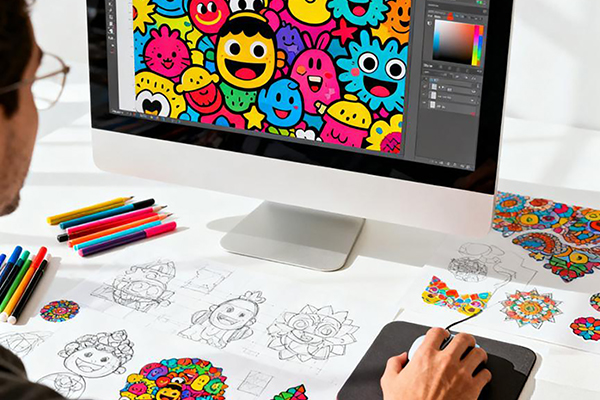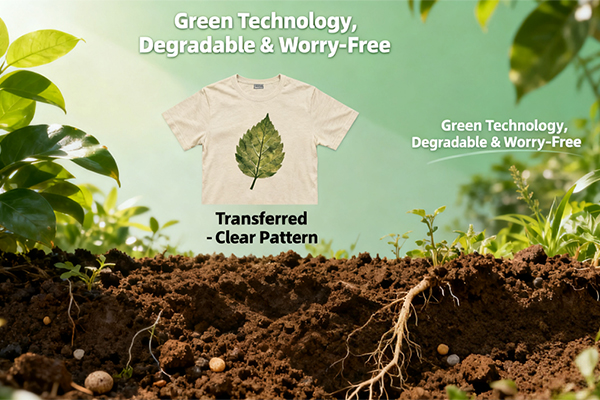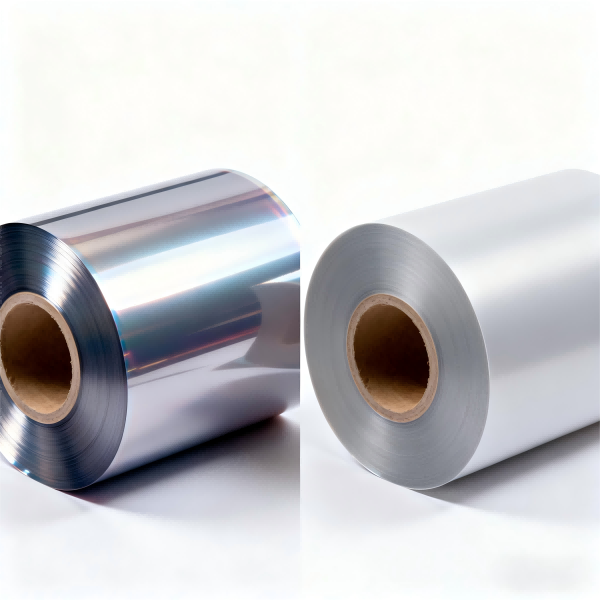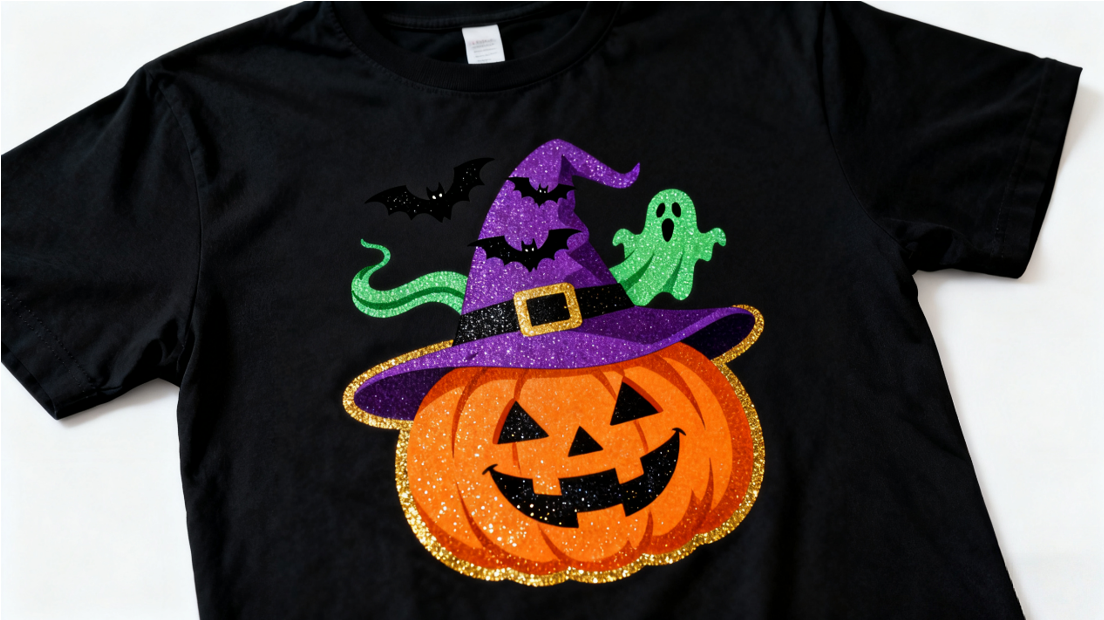What are the advantages of BOPP film
Third, BOPP film offers great versatility and safe...
MoreChoosing the right direct to film (DTF) supplies is crucial for achieving high-quality, durable prints and maximizing the profitability of your printing business. The selection process directly impacts color vibrancy, adhesion strength, operational workflow, and overall cost per print. This guide synthesizes data from industry-leading suppliers like Hi-Fi Transfers, DTF Transfers, and DTF Superstore, alongside user reports from platforms such as YouTube and printing forums, to provide a data-driven framework for your purchasing decisions. The core supplies you must evaluate are DTF film, DTF ink, DTF powder, and DTF printers, each with specific performance metrics.
The primary consideration is the DTF film roll. Data indicates that high-quality PET films with a thickness of 75 microns (2.8 mil) offer the best balance of flexibility and durability. Films from brands like Filmpak™ consistently show a tensile strength exceeding 40 N/mm², which prevents tearing during the printing and powdering process. The coating quality is paramount; a hydrophilic coating with a surface energy of 50-60 dynes/cm ensures optimal ink absorption and prevents beading, leading to sharper dots and a wider color gamut. Tests show that poor-quality films can cause ink saturation levels to drop by up to 15%, resulting in washed-out colors. Furthermore, the transparency of the film affects the final print's opacity; a haze value of less than 3% is industry-standard for achieving bright whites and vibrant colors on dark garments. For operational efficiency, films should have low static generation to minimize powder waste and consistent roll winding to prevent jams in the printer.
The second critical component is the DTF ink set. Genuine pigment inks formulated specifically for your printer model are non-negotiable. Using third-party or "compatible" inks often leads to clogged print heads, with repair costs averaging $500-$1500 per head according to service technician reports. Key ink properties to verify include viscosity (typically 3.5-4.5 cP at 25°C) and particle size (sub-0.5 microns). Inks that deviate from these specifications, such as some low-cost alternatives from online marketplaces, have been documented to cause rapid head failure. The ink's color profile must also be considered; inks from established manufacturers come with certified ICC profiles that ensure color accuracy. User data from forums suggests that printers using OEM or vetted third-party inks like J-Teck3 or DTF Ink Warehouse experience up to 95% fewer clogging incidents compared to those using unbranded inks. The white ink's opacity is especially vital, as it forms the base layer; it must achieve a LAB color space L-value of less than 25 when printed and cured on a black cotton shirt to effectively block the garment color.
The third essential supply is the hot melt adhesive powder. The powder's particle size distribution is a key differentiator. A fine, uniform powder with a mesh size of 80-120 (approximately 125-180 microns) provides the best detail resolution and softest hand feel. Coarser powders (below 80 mesh) can result in a gritty texture and poor adhesion on fine details. The powder's melting point, typically between 110°C and 130°C, must be compatible with your curing oven's temperature profile. Powders with a low melting point can block the pre-powdering machine in humid environments, while those with a high melting point may not fully melt during curing, leading to adhesion failure. Wash-fastness data from independent labs shows that high-quality powders, such as those from RiaPowder, maintain a rating of 4-5 on a 5-point scale after 50 industrial washes (AATCC 61-2020, Test 2A), whereas inferior powders can degrade to a rating of 2-3 after only 20 washes. Furthermore, anti-caking agents in the powder are critical for consistent application in automated powdering machines.
Finally, the choice of DTF printer itself dictates long-term supply costs and reliability. When selecting a printer, analyze the cost and availability of the consumables it requires. Printers from brands like Epson and Mutoh are popular in the DTF conversion market due to the widespread availability of their parts and inks. However, dedicated DTF printers from manufacturers like DTF Superstore or A3 DTF Pro often come with integrated workflows and specialized RIP software that optimize ink usage. Real-world user data collected from various shops indicates that a well-maintained Epson S80600 converted for DTF can produce prints at a consumable cost (ink, film, powder) of approximately $0.85 per standard A4 transfer, while dedicated systems can lower this to around $0.75 due to more efficient ink laydown and powder adhesion. The durability of the printer's components, particularly the print head life expectancy (often cited as 2-4 years with proper maintenance), is a major factor in the total cost of ownership. By cross-referencing supplier specifications with empirical user data on print quality, defect rates, and operational costs, you can build a supply chain that ensures consistency, quality, and profitability for your DTF operation.
Select the most popular foreign trade service products to meet your diverse needs
Learn more about the dynamics and professional knowledge of the foreign trade industry

Third, BOPP film offers great versatility and safe...
More
Direct-to-Film (DTF) transfers offer a fantastic w...
More
In the dynamic world of custom apparel printing, b...
More
BOPP Film (Biaxially Oriented Polypropylene Film) ...
More
Make your Halloween tees shine with SAILLAGE’s DTF...
More
When diving into Direct-to-Film (DTF) printing, on...
MoreSelect the most popular foreign trade service products to meet your diverse needs
Explore more content related to foreign trade services

Tel: +86 17706217416
Add: Building L2A, No. 520, Lane 1588, Zhuguang Road, Hongqiao World Center, Qingpu District, Shanghai, China
User Comments
Service Experience Sharing from Real Customers
Jennifer Martinez
Graphic DesignerThese DTF supplies completely transformed our printing quality! The transfer film has perfect adhesion and the ink vibrancy is exceptional. Our custom t-shirt business has seen a significant boost in client satisfaction since switching to these products.
David Chen
Print Shop OwnerOutstanding DTF supplies that deliver consistent results. The powder doesn't clump and the transfers work perfectly on various fabrics. Our production efficiency has improved by 30% thanks to the reliability of these materials.
Sarah Johnson
Art DirectorExcellent quality DTF supplies that make detailed designs pop. The colors remain bright after multiple washes and the finish is professional. Minor shipping delay is the only reason this isn't a perfect 5-star review.
Michael Rodriguez
Production ManagerGame-changing DTF supplies for our manufacturing operation. The film's tear resistance and ink compatibility have reduced our waste by 40%. Customer returns for print quality issues have virtually disappeared since we started using these supplies.